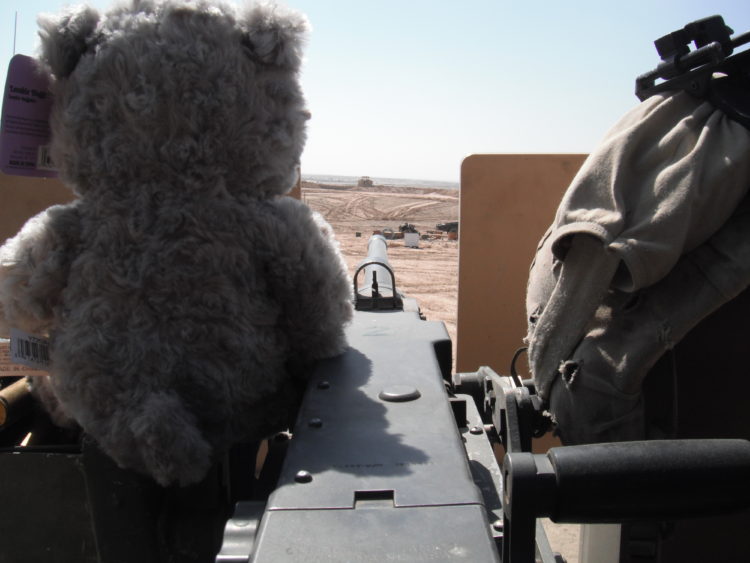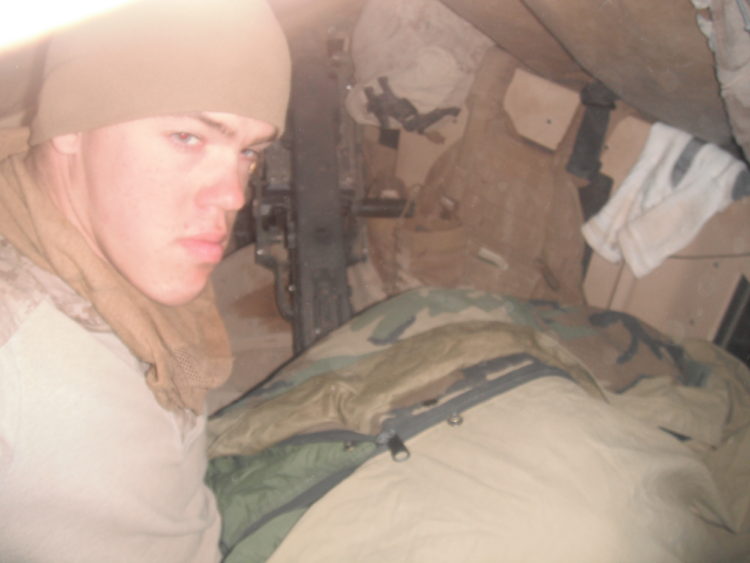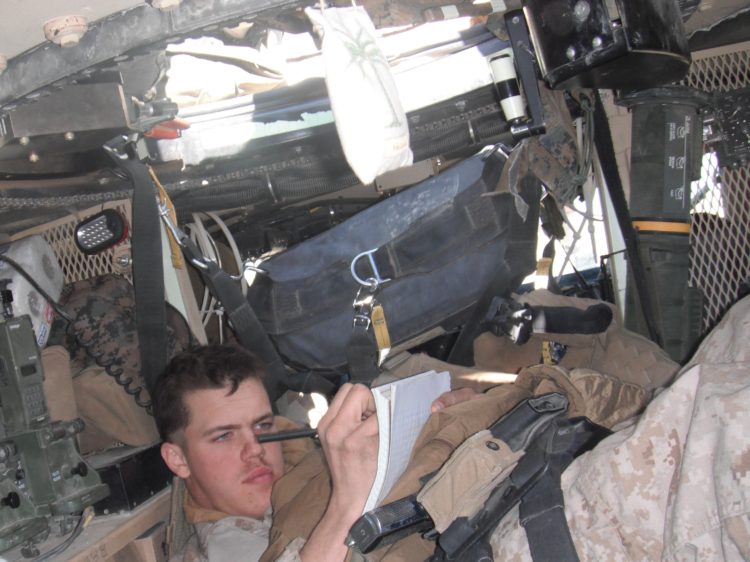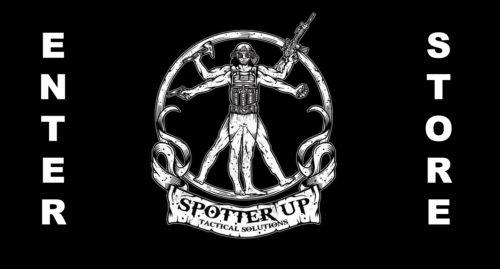I didn’t really want to read this book. A friend of mine does counseling with veterans, among a host of other things, and wanted to know my thoughts on the accuracy of the book. I wasn’t that interested, I didn’t have PTSD and I didn’t like reading about guys that couldn’t adapt to the changes in their life. I figured I’d been doing alright the few years I’ve been out, there was no need to read into the topic.
He still bought the book for me and it arrived a few days after we talked. I had a newborn that was demanding a lot of my attention, so after getting a few dozen pages in during a nap the book sat stagnant for a few months. I recently found some spare time to finish the book, and after reading it through, wondered why I hadn’t read it sooner.
There is a great amount of depth to this book, and I will leave most it to the author, Sebastian Junger. There is one aspect to the book that affects every veteran I have ever known, including myself. I’m not talking about PTSD or disability, drug abuse, or anything that gets portrayed in every military spin-off out there. It’s the loss of your friends when you get out, the separation from tribal life to the cold, emptiness of modern society.
When society faces a catastrophic event that upsets the rigors of modern life, a natural disaster, 9/11, we revert to a tribal state. In these events we forget the social trivialities that separate us from each other and work together to survive. What makes the military so different is that we live in this tribal state all the time. From the moment you step onto those yellow footprints, or whatever it is non-crayon eaters stand on, you’re forced into close quarters with strangers that you learn to live with night and day.
Deployment life reinforces this to an even greater level. I once spent five months living out of a truck with three other guys, standing behind a Browning M2 for 16+ hours a day. We didn’t shower, we slept in the truck, lived in our gear, and ran out of clean clothing after two weeks. It was miserable, exhausting, shitty work and the fact is a week after returning I heard multiple people lamenting, “Fuck the states, let’s just go back.” Shockingly enough, I found myself sharing these sentiments.
I never truly understood why. We claimed we missed the simpler life not having to deal with relationship problems, car insurance, civilians, a strict chain of command, or any of the multiple reasons we all come to hate modern life. While it is certainly a simpler time, that wasn’t the entire reason for treasuring that time. This book helped clarify what it is that makes The Suck seem appealing.
This is just a small look at how the book spoke to me. There’s much more to find, it’s up to you to take the time to read it for yourselves. You might be like me and feel that it isn’t worth the effort, and I can’t change your mind. If you don’t want to spend the $12 on the book, message me and I’ll loan you my copy, it’s well worth the effort.
A more detailed listing of what this book contains is summarized inside the dust cover:
Decades before the American Revolution, Benjamin Franklin lamented that English settlers were constantly fleeing over to the Indians-but Indians almost never did the same. Tribal society has been exerting an almost gravitational pull on Westerners for hundreds of years, and the reason lies deep in our evolutionary past as a communal species. The most recent example of that attraction is combat veterans who come home to find themselves missing the incredibly intimate bonds of platoon life. The loss of closeness that comes at the end of deployment may explain the high rates of post-traumatic stress disorder suffered by military veterans today.
[amazon_link asins=’1455566381,0008168180′ template=’ProductCarousel’ store=’spoup-20′ marketplace=’US’ link_id=’066a6bb1-106c-11e8-b7c2-93a89171caf3′]
Combining history, psychology, and anthropology, Tribe explores what we can learn from tribal societies about loyalty, belonging, and the eternal human quest for meaning. It explains the irony that-for many veterans as well as civilians-war feels better than peace, adversity can turn out to be a blessing, and disasters are sometimes remembered more fondly than weddings or tropical vacations. Tribe explains why we are stronger when we come together, and how that can be achieved even in today’s divided world.
*The views and opinions expressed on this website are solely those of the original authors and contributors. These views and opinions do not necessarily represent those of Spotter Up Magazine, the administrative staff, and/or any/all contributors to this site.





